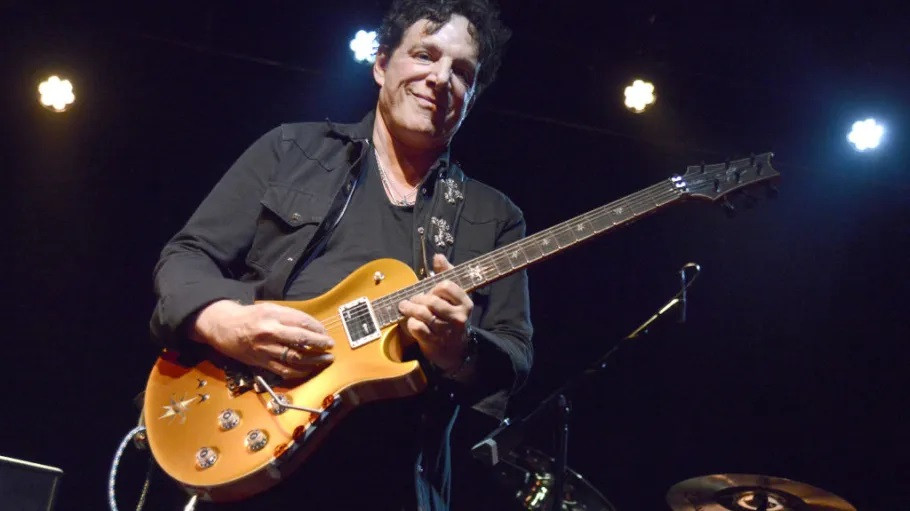Music and entertainment have shared a profound connection throughout history. From ancient cultures to modern-day media, music has played an integral role in creating experiences that resonate with individuals across the world. Today, it continues to be at the heart of entertainment, influencing movies, television, events, and even digital platforms like video games. Understanding how music affects and enhances entertainment can offer insights into its ongoing evolution and significance in the industry.
The Evolution of Music in Entertainment
Music has been a part of human culture for thousands of years. Ancient civilizations used music in rituals, celebrations, and storytelling. In Greek theatre, for instance, music was utilized to enhance the emotional atmosphere of the plays. Similarly, traditional operas were a combination of acting, storytelling, and musical performances.
Fast forward to the 20th century, the advent of radio revolutionized how music reached the masses. It became a vital tool for artists to share their work with large audiences and gave rise to new genres and styles. By the mid-20th century, television further cemented the relationship between music and entertainment, with shows like "The Ed Sullivan Show" providing a stage for emerging musical talents such as The Beatles.
In today's digital age, music is more accessible than ever. Platforms like Spotify, Apple Music, and YouTube allow people to listen to their favorite songs at any time. Social media platforms, such as TikTok and Instagram, have also created new ways for music to go viral, influencing entertainment trends worldwide.
Music’s Influence on Film and TV
One of the most significant ways music enhances entertainment is through its use in films and television shows. Soundtracks and scores can elevate a scene, intensify emotions, and even become iconic in their own right. The power of a well-placed song or instrumental piece in a film can turn an ordinary moment into something unforgettable.
Take, for example, the iconic "Imperial March" from Star Wars, composed by John Williams. This powerful musical composition instantly evokes feelings of tension and authority and has become synonymous with the character of Darth Vader. Similarly, the upbeat and hopeful theme song from Friends helped make the show one of the most beloved sitcoms of all time.
Television series, especially those that span several seasons, also rely heavily on music to establish a tone and maintain viewer engagement. Shows like Stranger Things and Breaking Bad use music to set a specific atmosphere that enhances the viewer's experience. Stranger Things, for instance, utilizes 80s synth music to create a nostalgic and eerie ambiance.
In film, directors often collaborate with composers to craft original soundtracks that are tailored to the storyline. Notable examples include Hans Zimmer's work in Inception and The Dark Knight, where his intense, atmospheric scores have become an essential part of the viewing experience.
Music in Live Entertainment
Live performances remain one of the most engaging forms of entertainment. Concerts, festivals, and live theatre productions draw millions of people each year, providing an immersive experience where music is central to the enjoyment.
Music festivals like Coachella, Glastonbury, and Lollapalooza showcase a wide range of artists and genres, attracting diverse audiences. These events not only provide a platform for musicians to connect with their fans but also create opportunities for collaborations and trends that shape the music industry.
In addition to concerts, musical theatre is a timeless form of entertainment where storytelling and music come together. Broadway hits like Hamilton, Les Misérables, and The Phantom of the Opera continue to captivate audiences worldwide with their dynamic performances, memorable soundtracks, and emotional depth.
Furthermore, music plays an essential role in major entertainment events, such as the Super Bowl Halftime Show or the Grammy Awards. These performances often feature elaborate productions, with artists delivering show-stopping acts that become talking points long after the events have concluded.
Music in Digital Entertainment and Video Games
The rise of digital entertainment has brought new ways for music to enhance the experience. Video games, in particular, have integrated music to create more immersive environments. Game designers understand that music can greatly affect a player’s experience, influencing the mood, pace, and emotional engagement with the game.
Popular games like The Legend of Zelda, Final Fantasy, and The Last of Us are known for their beautiful and intricate soundtracks. These compositions help build the game's atmosphere, creating a sense of adventure, tension, or melancholy. Some game music, such as the iconic theme from Super Mario Bros., has even transcended the gaming world and become part of mainstream popular culture.
Beyond video games, music is also used in apps and online platforms, with many streaming services offering tailored playlists for specific activities like workouts, studying, or relaxation. The growing popularity of music-driven apps like TikTok has led to a resurgence of certain songs, helping them reach new audiences and even enter the Billboard charts long after their initial release.
The Future of Music in Entertainment
As technology continues to evolve, so too will the role of music in entertainment. Virtual reality (VR) and augmented reality (AR) technologies are opening new doors for music experiences. Artists are already experimenting with VR concerts, where fans can experience live performances from the comfort of their homes while feeling as though they are part of the crowd.
AI and machine learning are also making waves in the music industry. With the ability to create original compositions, AI is being used to enhance film scores and video game soundtracks. Moreover, AI-powered music recommendation systems help users discover new songs based on their preferences, ensuring that music remains an integral part of digital entertainment.
Additionally, the future of music and entertainment lies in further personalization. With platforms offering curated playlists, personalized concert experiences, and even interactive music videos, consumers are increasingly able to tailor their music experiences to suit their individual tastes and preferences.
Conclusion
The bond between music and entertainment is inseparable. From ancient civilizations to modern-day digital platforms, music has been a cornerstone of human enjoyment and culture. Its ability to evoke emotion, create atmosphere, and enhance storytelling is unmatched. Whether through a powerful film score, a live concert, or the soundtrack of a video game, music continues to be at the heart of the entertainment industry.
As technology advances, we can expect music's influence on entertainment to grow even stronger. Virtual reality, AI, and other innovations will likely shape how we experience music in the future, offering exciting new ways for audiences to connect with the songs and sounds they love.
With its long-standing history and adaptability, music remains one of the most powerful forms of entertainment, capable of moving us, uniting us, and making unforgettable moments in our lives.

 Elchavo
Elchavo